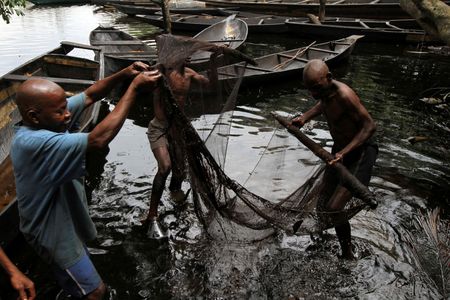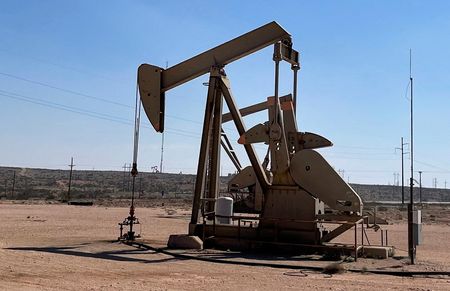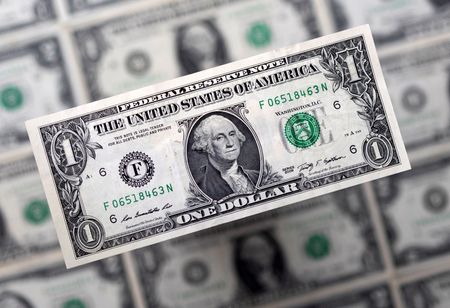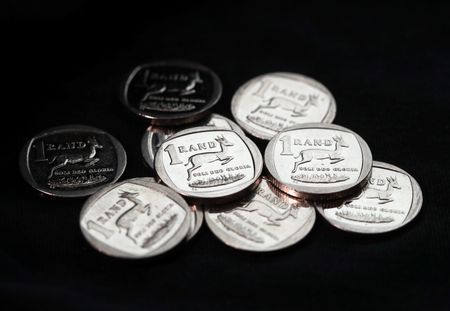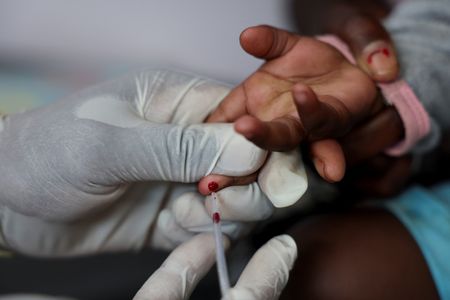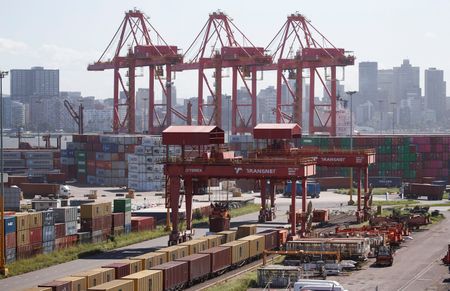By Maxwell Akalaare Adombila
DAKAR (Reuters) -Guinea has revoked the licences of 46 mining companies operating in the country, a government source told Reuters on Thursday, while another said it could be up to 53 permits, in what some analysts see as a warning shot to larger operators in the world’s second-largest bauxite producer.
The move comes amid growing resource nationalism in the military-ruled country and across Niger, Mali and Burkina Faso, where authorities have tightened control over their vast mineral wealth since military coups in 2020.
The affected licences cover bauxite, gold, diamond, and graphite operations, but industry sources say none of the companies is a significant producer in Guinea’s mining sector, which is dominated by major international firms.
“These are just small, underperforming licences,” said one mining analyst familiar with the situation, who requested anonymity due to the sensitive nature of the issue. “Impact on the market should be negligible.”
Guinea holds the world’s largest bauxite reserves, the main ore used to produce aluminium and is a significant source of gold and iron ore.
The government did not immediately respond to requests for comment on the specific reasons for revoking the licences or whether larger mining operations might face similar actions in the future.
“We’ve been working for some time on cleaning up the land registry. We can say that this falls within the same framework,” said the second source in the mines ministry.
Guinea exported about 146.4 million metric tons of bauxite last year, Guinea’s Mines and Geology Ministry’s notice said on LinkedIn.
One analyst said major bauxite producers in the West African nation are on track to mine more than 200 million tons this year – a 35% increase from last year’s record production. “These producers remain unaffected by the licence revocations,” the analyst added, based on production estimates from the major producers.
Although licence revocation is consistent with regulation, “it can be interpreted as a warning to mining companies that the government intends to see projects being developed according to the agreed terms,” an adviser at a pan-African consultancy firm said, asking not to be named.
(Reporting by Maxwell Akalaare Adombila, additional reporting by Lewis Jackson; editing by David Evans and Sandra Maler)

